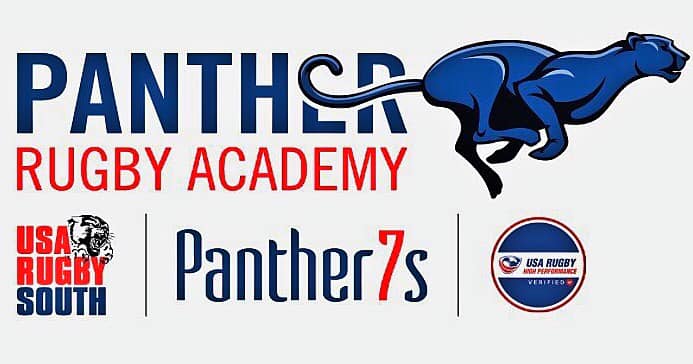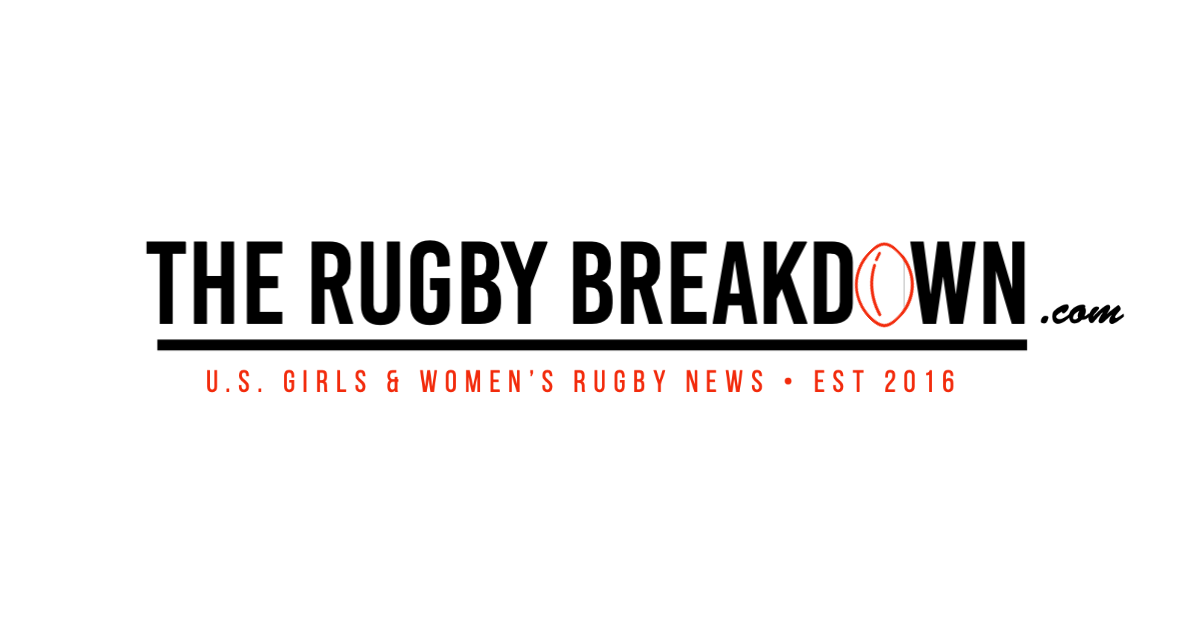
USA Rugby South fields high school through senior all-star teams, and they provide valuable playing opportunities for the aspiring athlete. But when USA Rugby announced the National Development Program (NDP) system and the standards by which members must follow, the South saw an opportunity to realize a long-term goal: the Panthers Rugby Academy (PRA). Last weekend, the NDP held its first co-ed camp in Hendersonville, Tenn.
“In the past we really were like an elite team,” PRA President Mark Williams said. “That’s how USA Rugby would term what we were doing and that’s pretty accurate for the most part. It was, ‘Hey, we’ve got this camp, you try out, and we’ll make selections for this event or competition.’ We always tried to help the athletes that came out, whether they made the team or not, because that’s the spirit of rugby, but now we’re more focused on athlete development on a more year-round basis.”
That’s how many select sides work in the U.S. There might be roster turnover between events, and teams don’t have much time to build chemistry before the tournament kicks off. These teams are important – they provide playing opportunities – and USA South Rugby is not disbanding any of its all-star programs. But more often than not, select sides aren’t providing a comprehensive training environment.
“Academy teams are always popping up. You see them at an event, and sometimes they’re really good teams, and then you don’t see them again,” Williams said. “The word ‘academy’ means a lot of different things in the USA and that’s part of what drove USA Rugby to say, ‘We need to set a standard.’ So when this opportunity came along to sort of set ourselves apart and do so in a manner that was in line with our vision of an academy, we took it.”
Eight entities achieved NDP status, and they’ll be continuously evaluated to ensure they’re meeting requirements (read more). In return for their investment, the NDPs will have direct access to and support from USA Rugby High Performance Pathways officials and coaches. NDPs will have more opportunities at pathway assemblies – from shadowing staff to reserved spots for players – and they are first-stops for USA pool players who need more development.
That said, there isn’t a singular experience across the NDPs. Some are geographically based, like the Northeast Academy, while EIRA has a nationwide footprint. A few are tied to MLR teams, while a couple have a specific focus, like Julie McCoy’s ARPTC, which supports girls’ and women’s camps and residencies at its Little Rock complex.
“We’re clearly in the Southeast but there is no geographic map that says all players in a certain area should go to a certain academy,” Williams explained. “Location matters, but individuals have some freedom to find a home that suits their needs and follow that pathway to a higher level, if desired.”
PRA will follow an established competition structure that respects home clubs’ schedules. The annual cycle typically begins with player camps in December/January, and the membership fee will include access to all of the regional camps. [Upcoming camps include Jan. 9 in Florida, Jan. 24 in North Carolina, and February in Atlanta]. Those assemblies will in part be used to select Panther 7s teams for events in Los Angeles, Orlando, Salt Lake City, and more, as well as RAN U19 events during the summer. The academy will fill in that calendar with more player camps and playing opportunities, including tours to (barring Covid-19 restrictions) England and Wales this summer, New Zealand (2022) and South Africa (2023).
PRA has also introduced its year-round Strength & Conditioning program managed by Lucas Baistrocchi, a USA Rugby South alum and Collegiate All-American, who is pursuing his Masters in Exercise Science at Life University. PRA is working with the staff and players from Major League Rugby’s Rugby ATL, and USA Rugby Boys’ U18 Head Coach Brendan Keane, who also manages the men’s high performance pathways, attended the Tennessee camp.
“We’re trying to make sure the girls have equal opportunities and more opportunities than what some programs have done,” Williams said. “We’ve set up stations for [last] weekend because a lot of the time at these camps, the U14s or girls get pushed to the side. But when everyone’s in stations, everyone gets exposure to all of the coaches. We’re doing this for the long haul, so the better everyone gets, the more we develop as a program.”
One of the biggest value adds is information. PRA is professionalizing the means by which members are tracked and guided, and Williams sees this benefit as the crux of the evolution.
“We’ll have a lot more feedback for the players, more formal evaluations, and a lot more metrics. It’s all part of the USA vision as well: more combine-type data on players,” Williams said. “For example, we just invested in an Olympic speed timer to make sure we get accurate times for the 40 meter. We didn’t really have that data before, and if we did, we were using a stopwatch and not a gated time system.
“That data will help us advise players,” the coach continued. “We look at these numbers and, it’s, ‘You want to play wing in 7s? Then you need to work on your speed.’ Or, ‘Maybe you should consider another position if you want to play at the next level.’ Or, ‘You need to work on your left-handed pass.’ We can be more specific in helping players address any weaknesses, instead of guesswork.”
The academy camps are limited to members only, in part because there is so much data being recorded and that requires attention. And players wear a special jersey with a specific number (unrelated to position) so they can be visually tracked more easily during the assemblies.
“Right now our goal, our focus, is to set baselines and standards for what the players should be able to do,” Williams said. “We clearly had player pools and information from all our past programs, but as far as the academy is concerned, we’re starting over with everyone. No one is rolling over. There’s a whole new registration and on-boarding process, so we’re really starting at a baseline.”
Williams stressed that the Panther Rugby Academy is open to anyone who wants to improve their rugby skills, not just those with national team aspirations.
“We have had several players make national team programs, but for a lot of the players who join the academy, they will play their highest level of rugby in college,” Williams noted. “We help everyone improve and achieve realistic goals.”
USA Rugby South will continue to operate its family of teams, giving players and academy members more opportunities to play.
“Even players not selected to those teams, we will try to help them find other opportunities if they exist. Last year, we probably had 10 or so players that went on EIRA tours. I know Salty [Thompson] very well. We compete and we’re both big competitors but we also work together. They had openings for their Argentina tour, we had players, and they took the chance to go.”

Covid-19 is still a disruptive factor in the upcoming calendar, and the academy has some temporary measures – like virtual competitions between regions – in place to supplement its virtual S&C programming. There is concern that canceled fall sports will move to the spring and potentially deplete player availability.
“It might mean fewer events, so we’ll have to do more online,” Williams said. “It’s more difficult, less fun for everyone, but that’s the age we live in. We just have to see what opportunities will exist with Covid.
“It’s an entrepreneurial adventure more than anything,” Williams surveyed the academy as a whole. “It’s being developed right before your eyes. There’s going to be some snags, some hiccups. Some things we’ll do well from the beginning and others we’ll have to adjust and keep going. We’ll stay focused on helping and developing the athletes, and the rest will take care of itself.”






